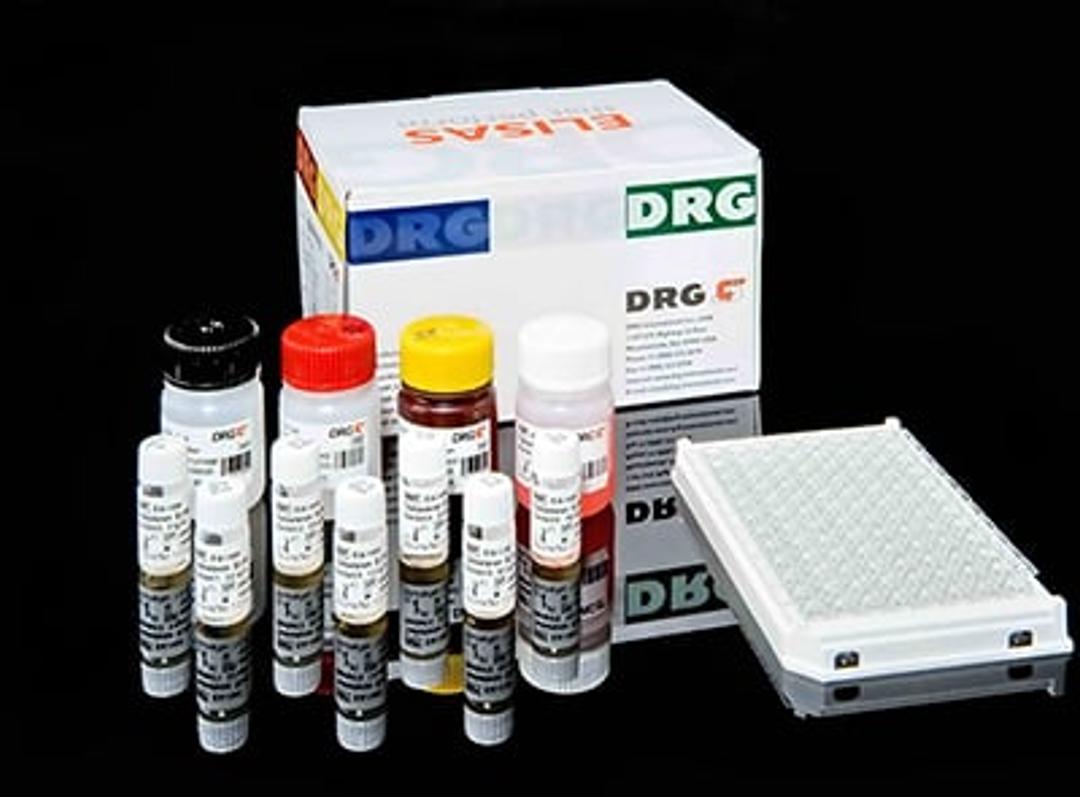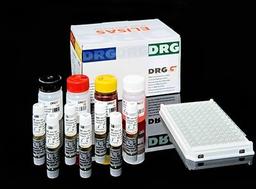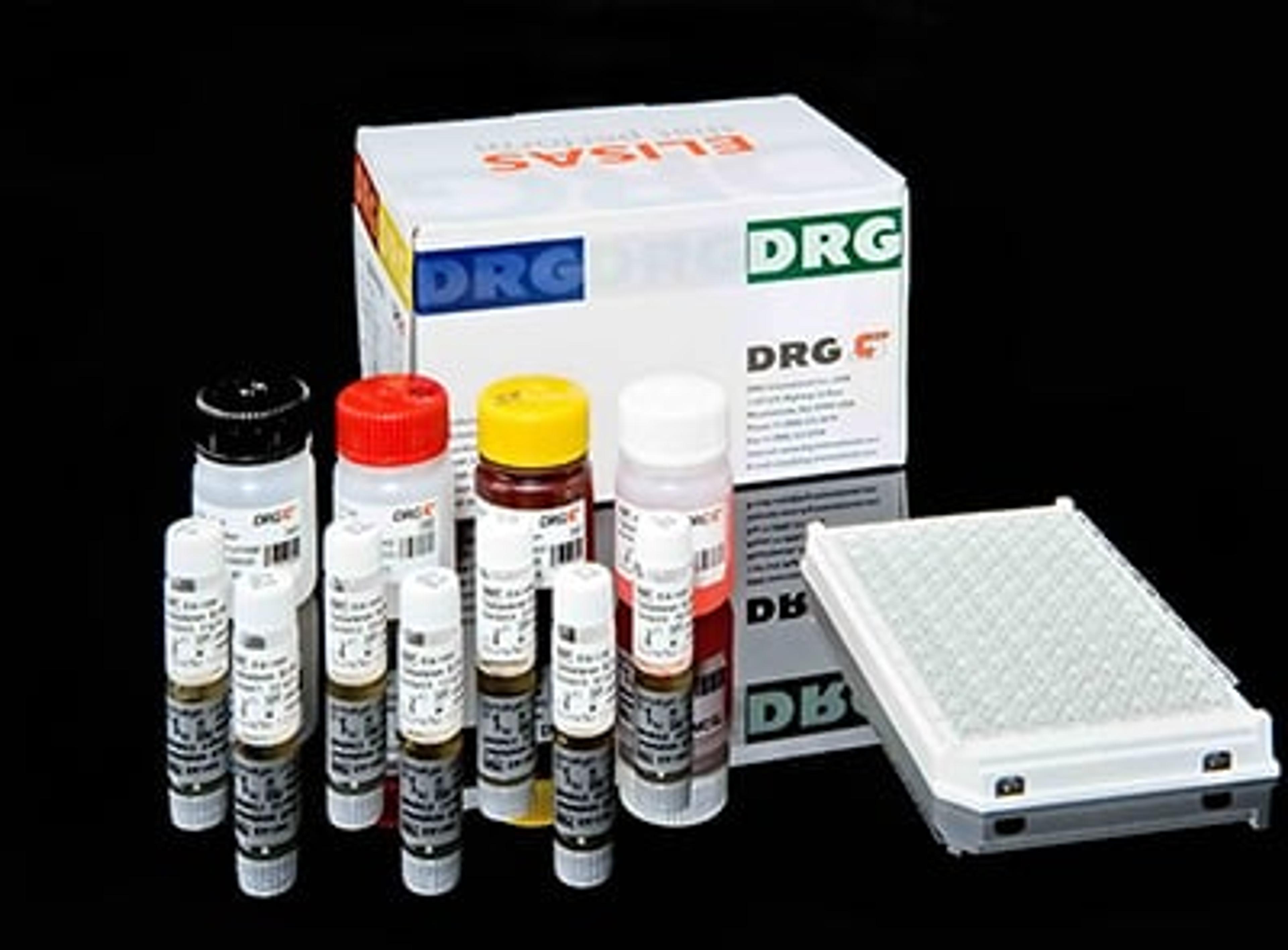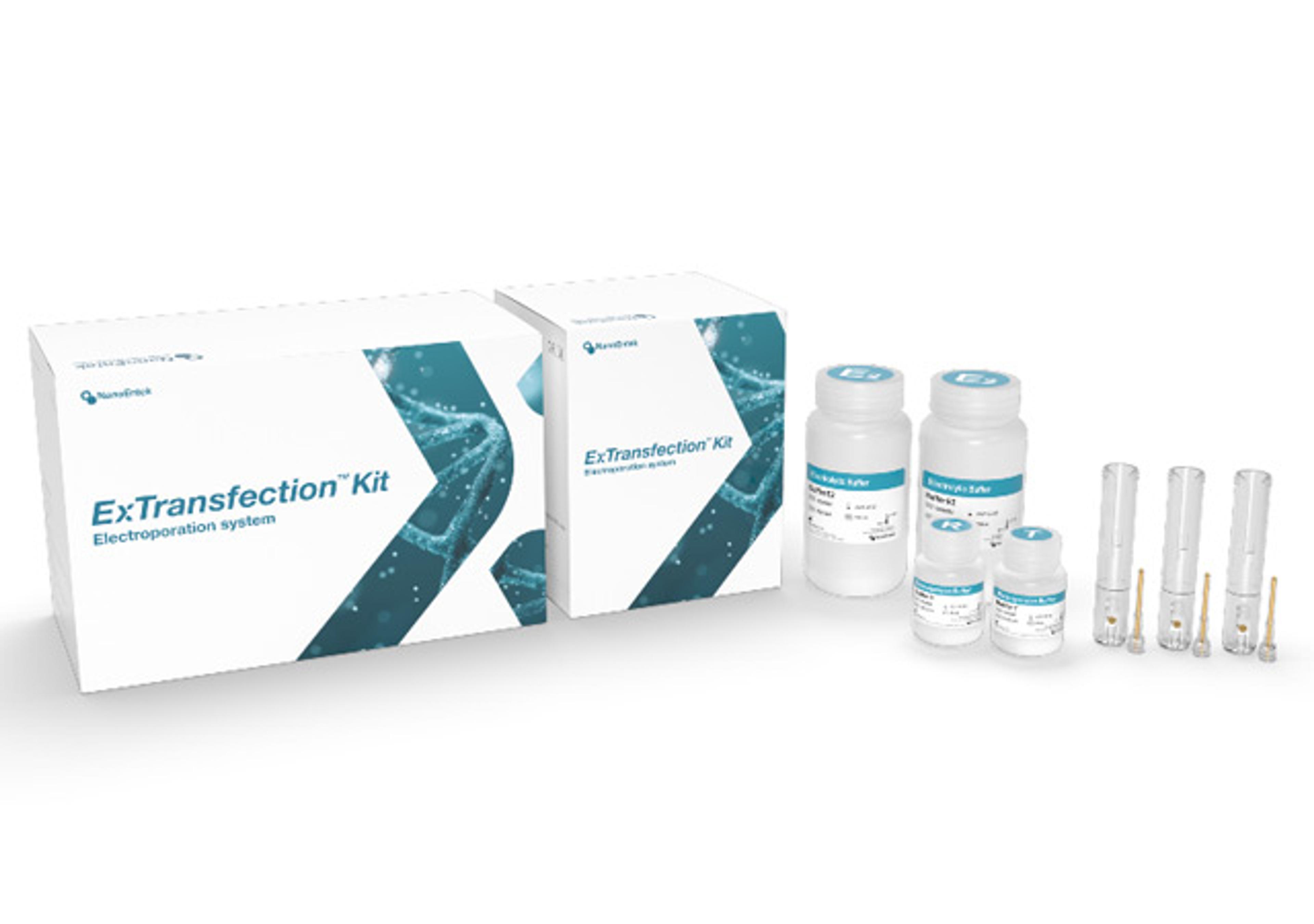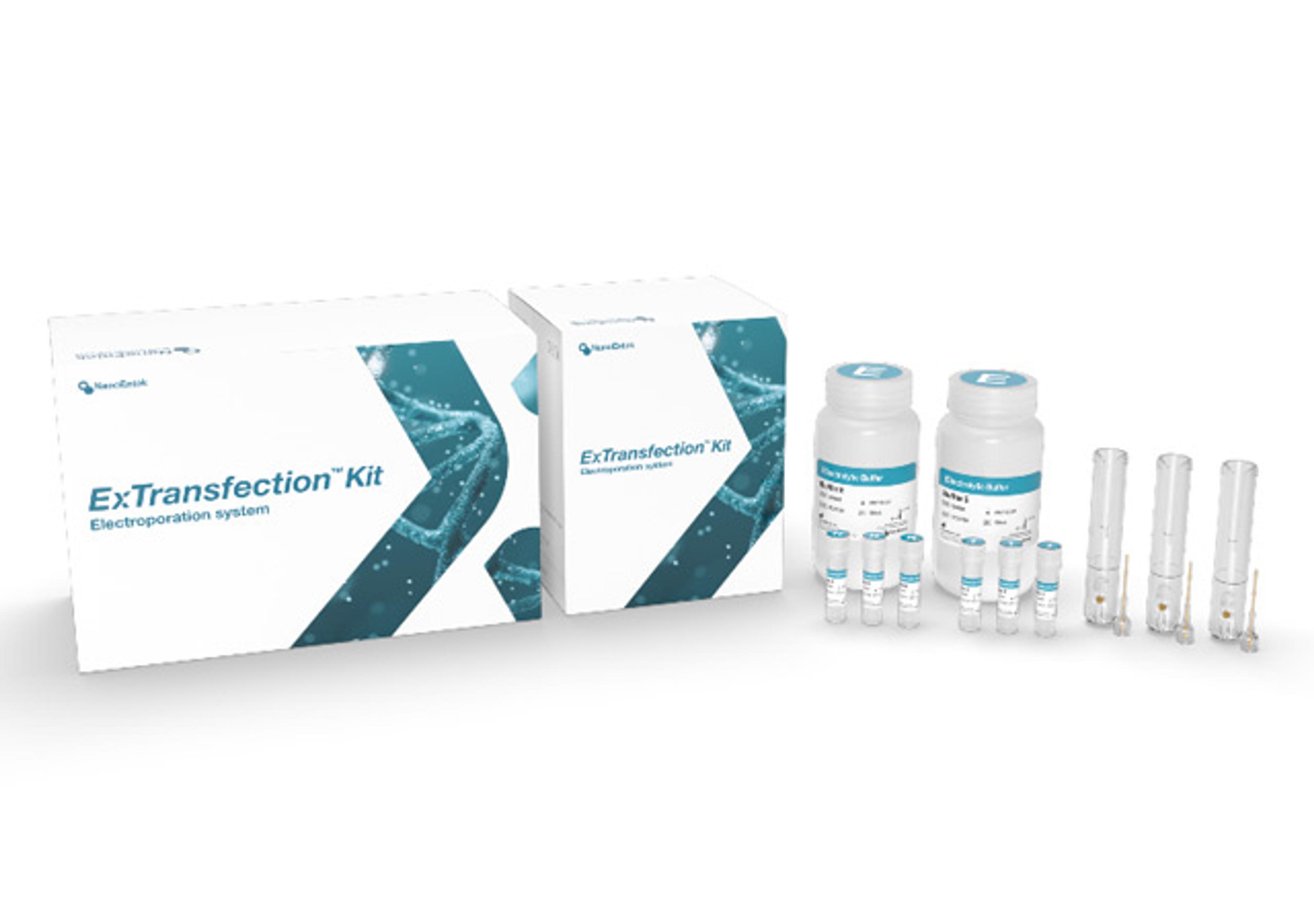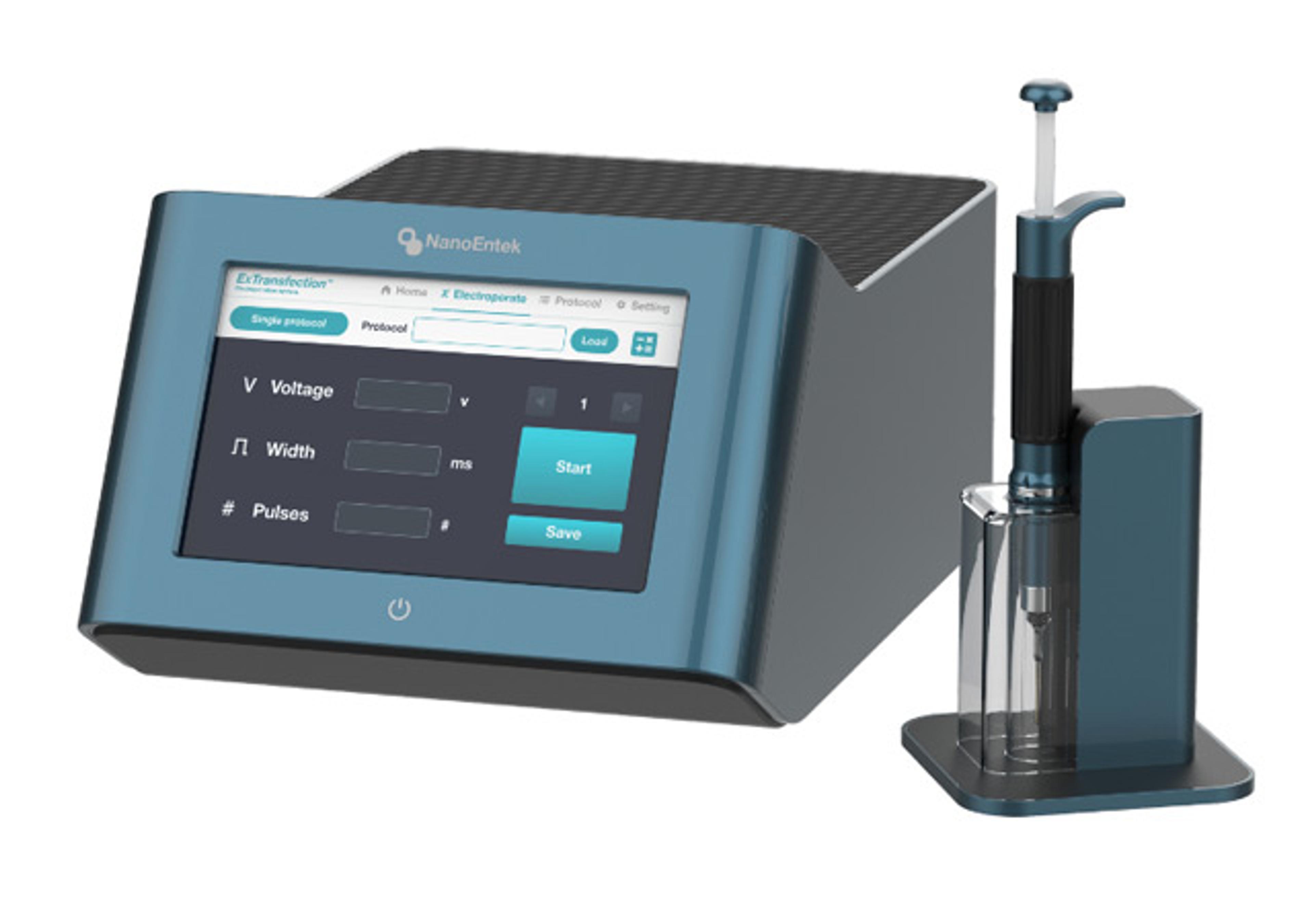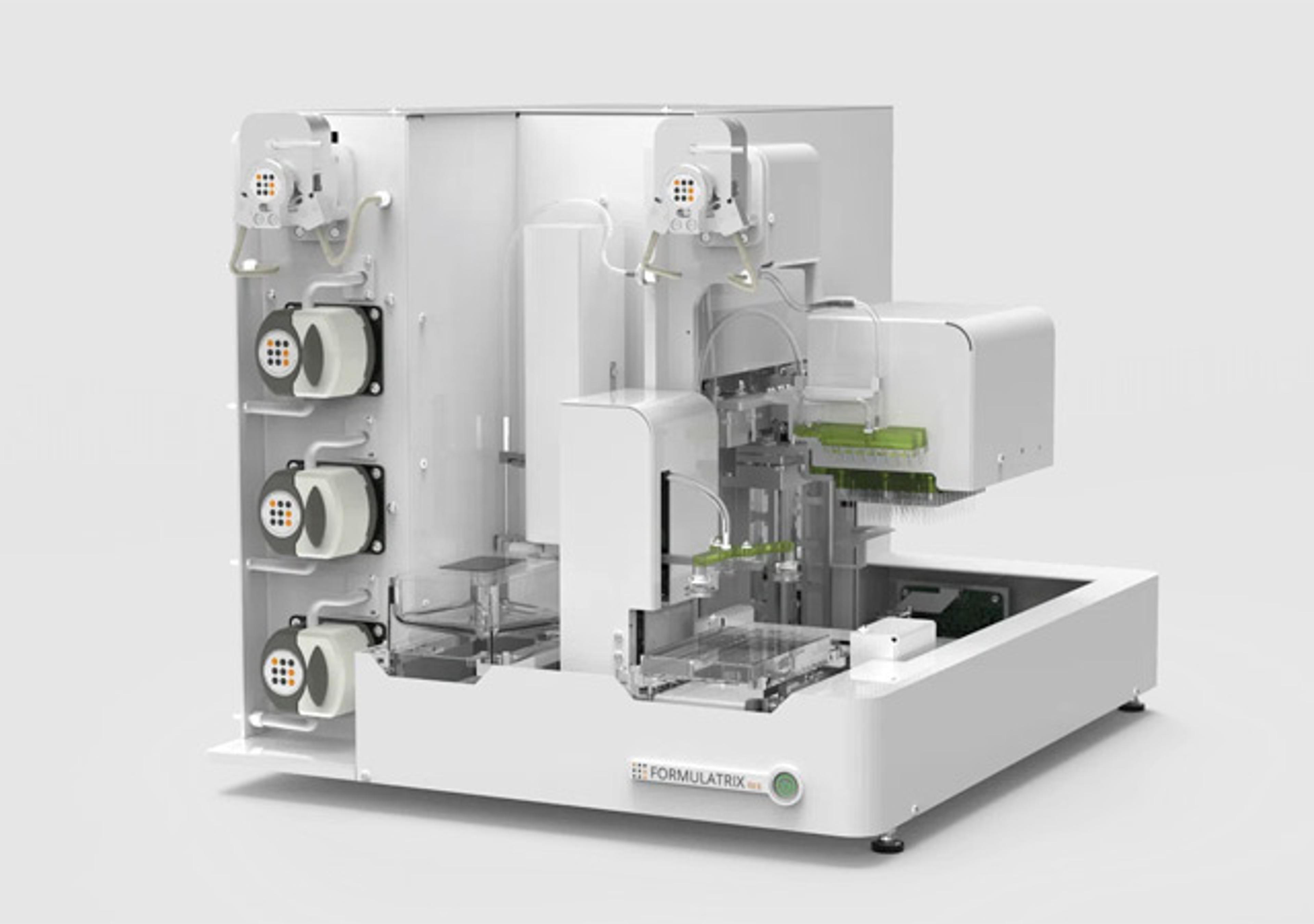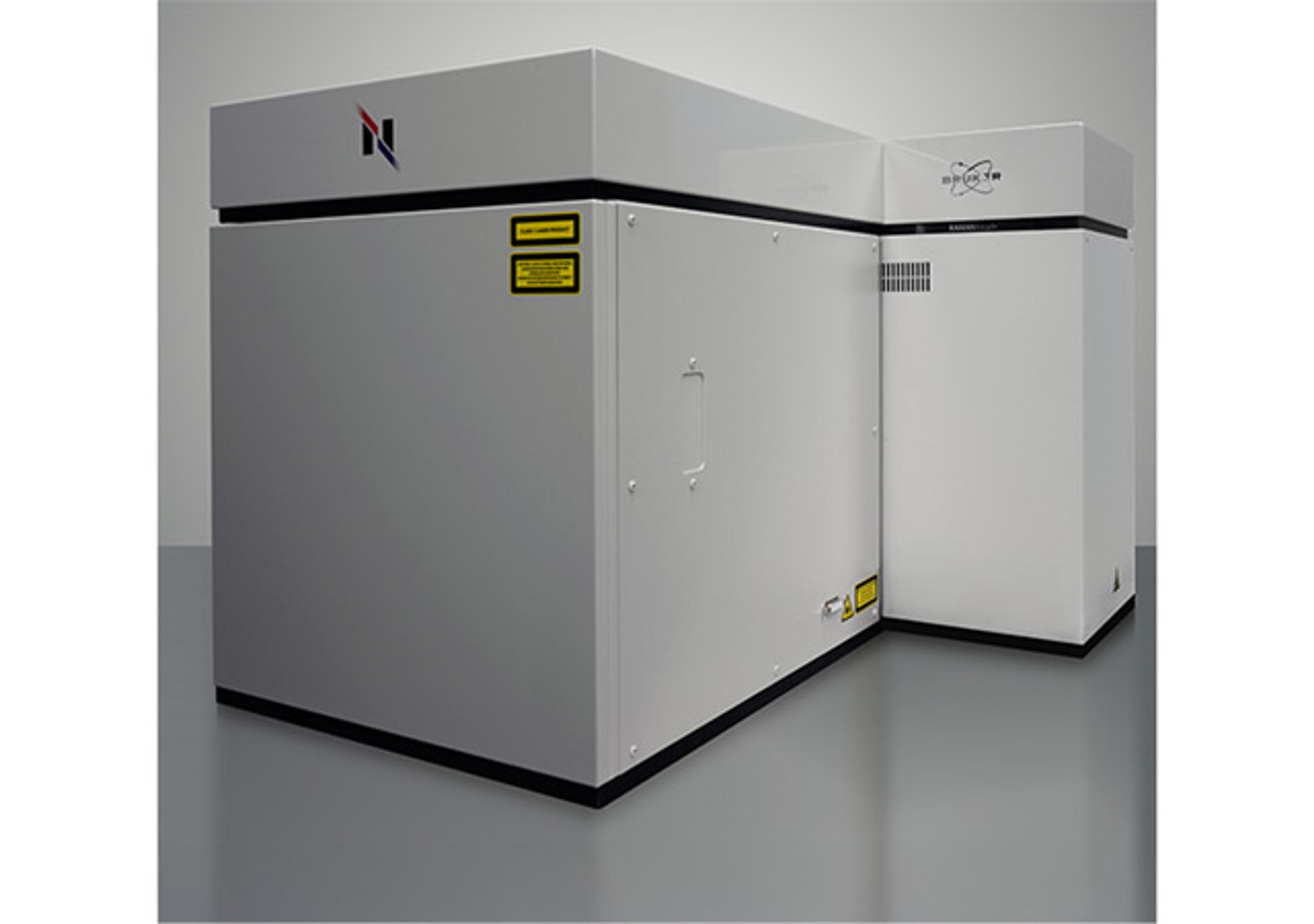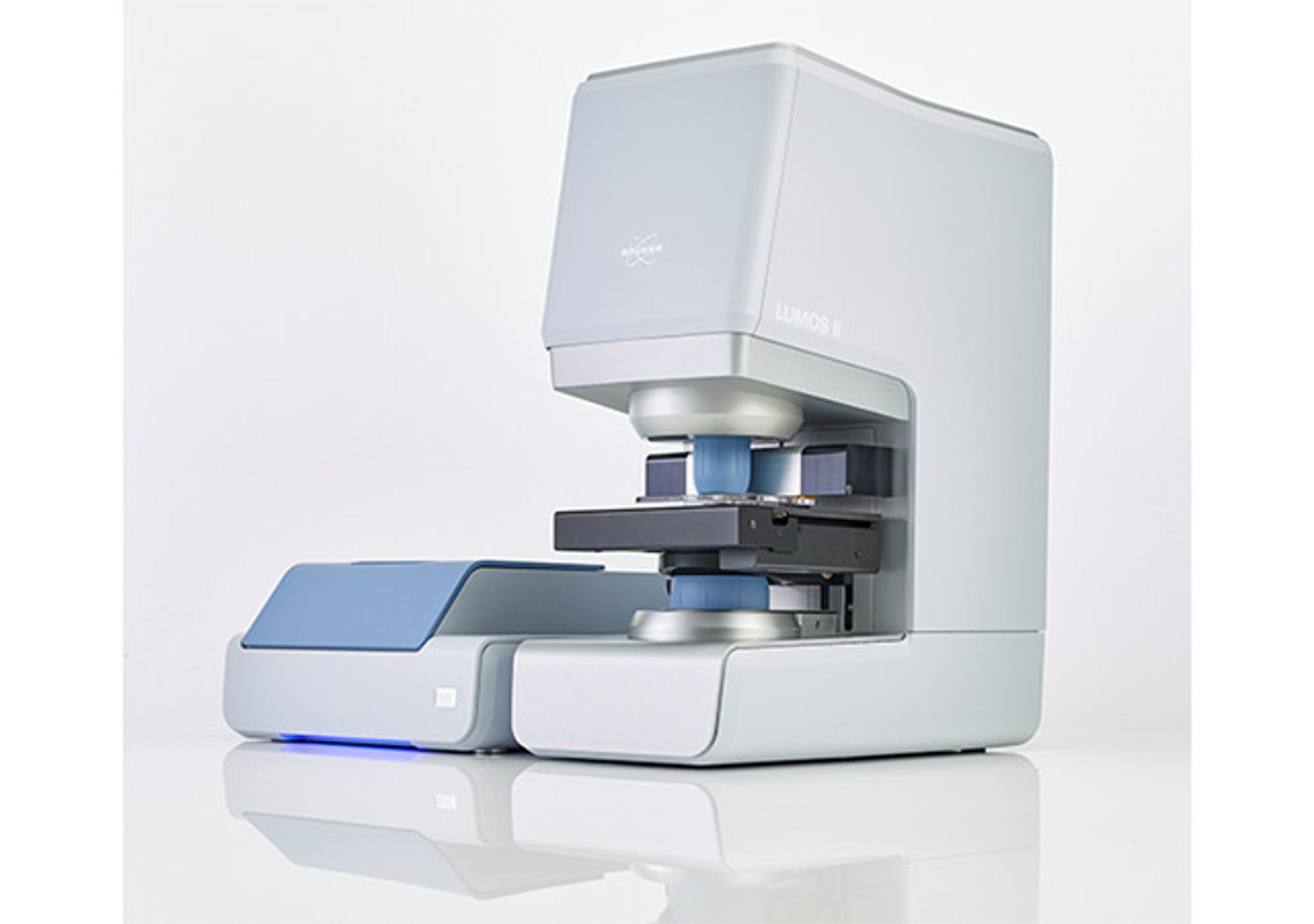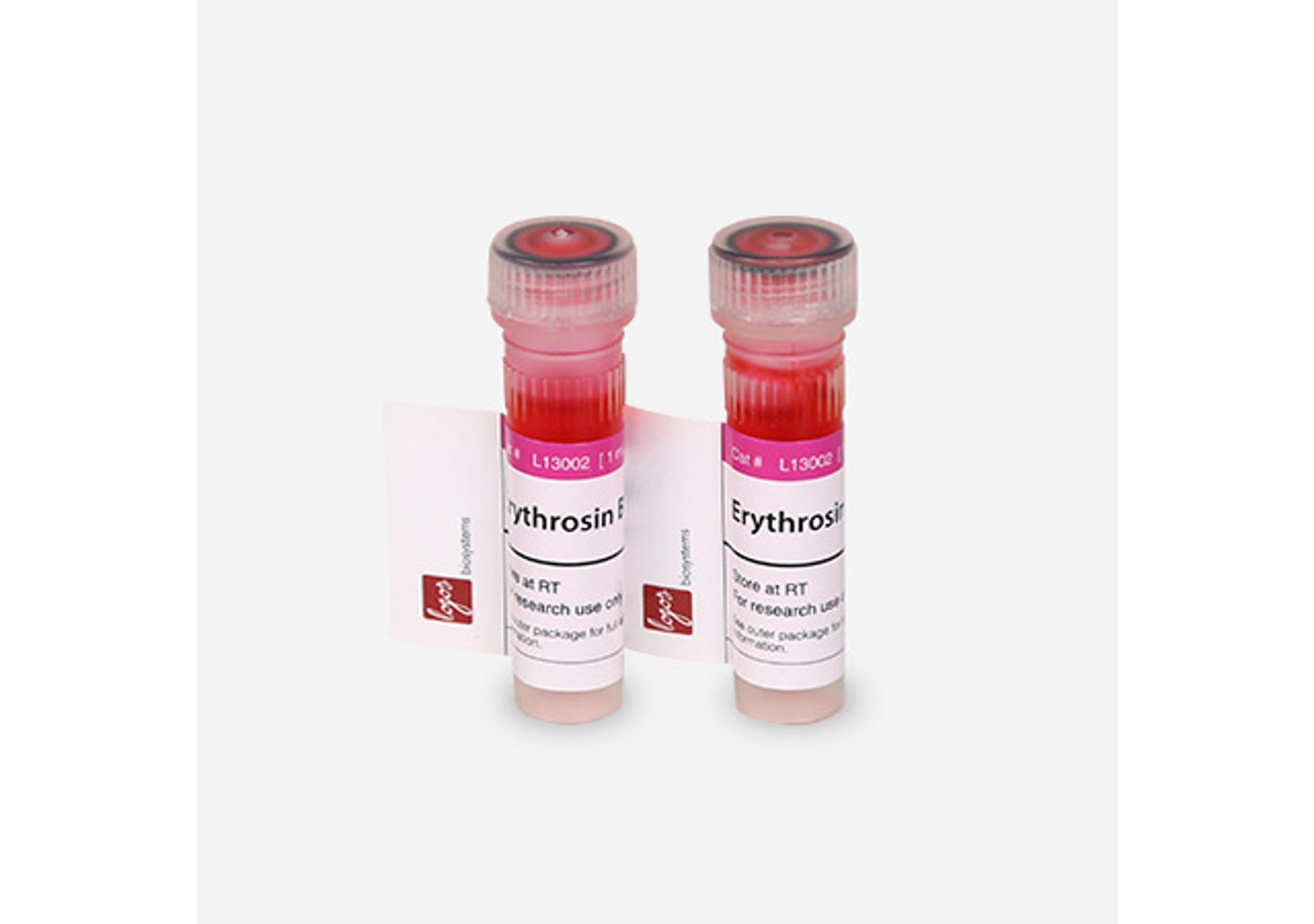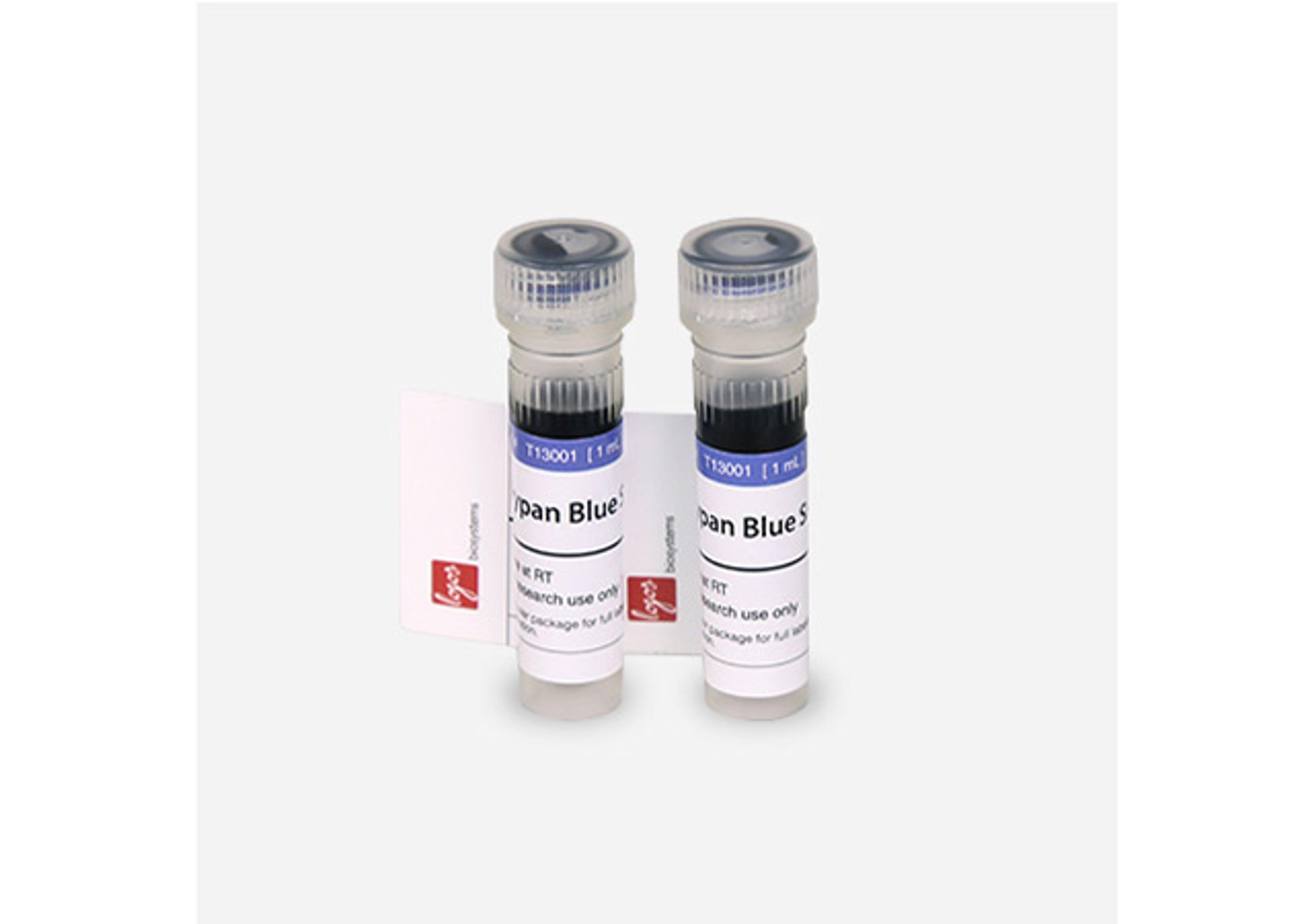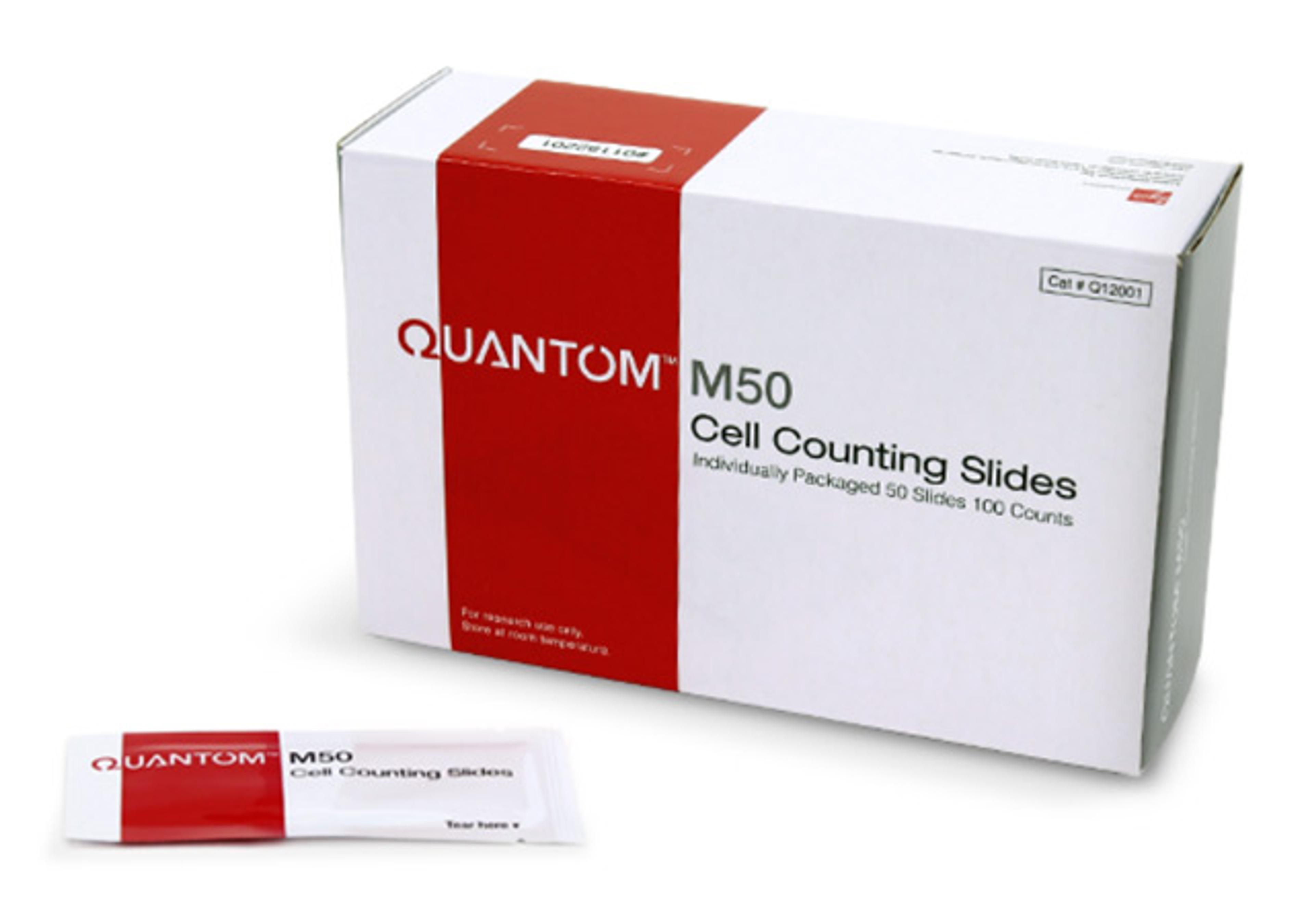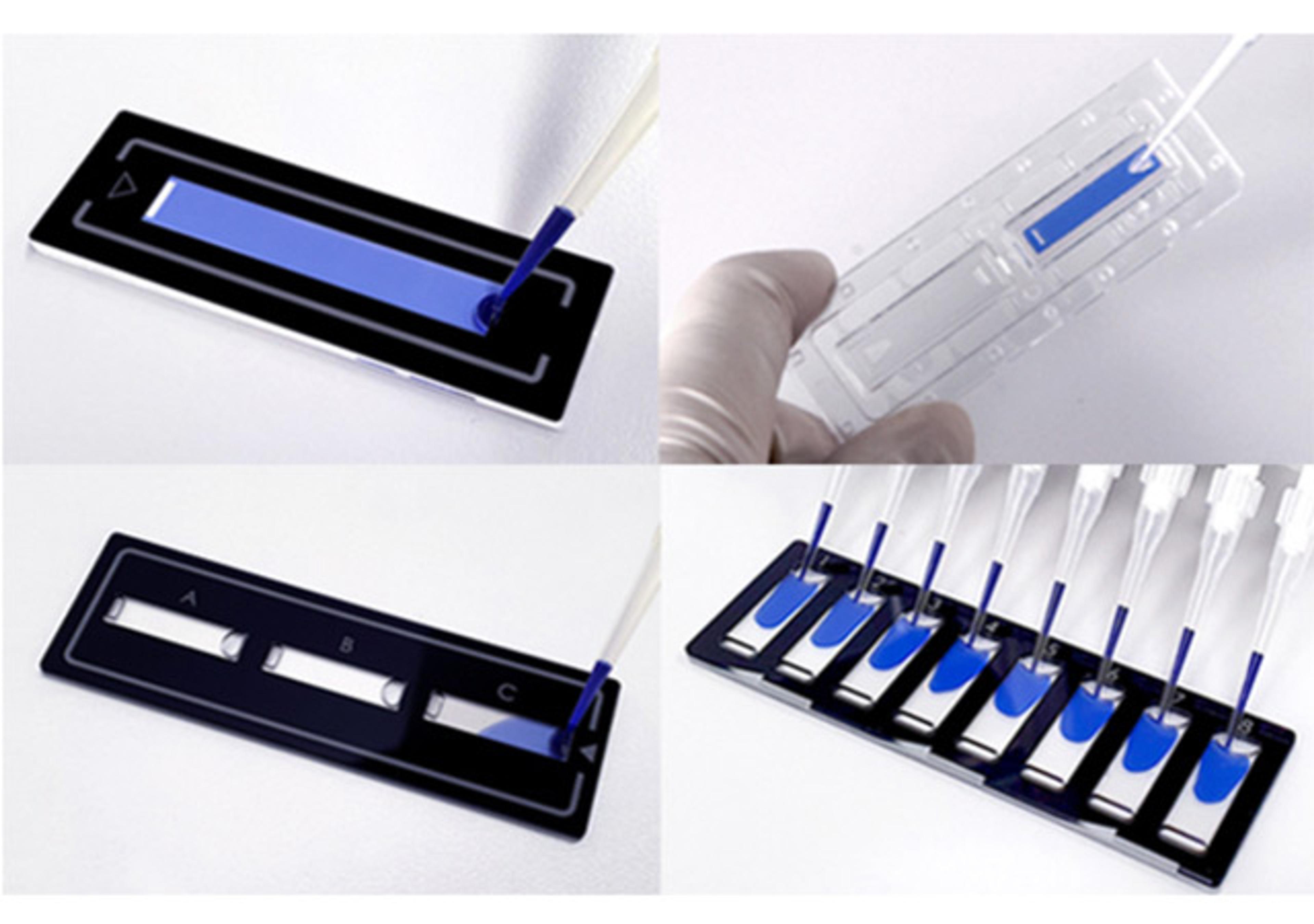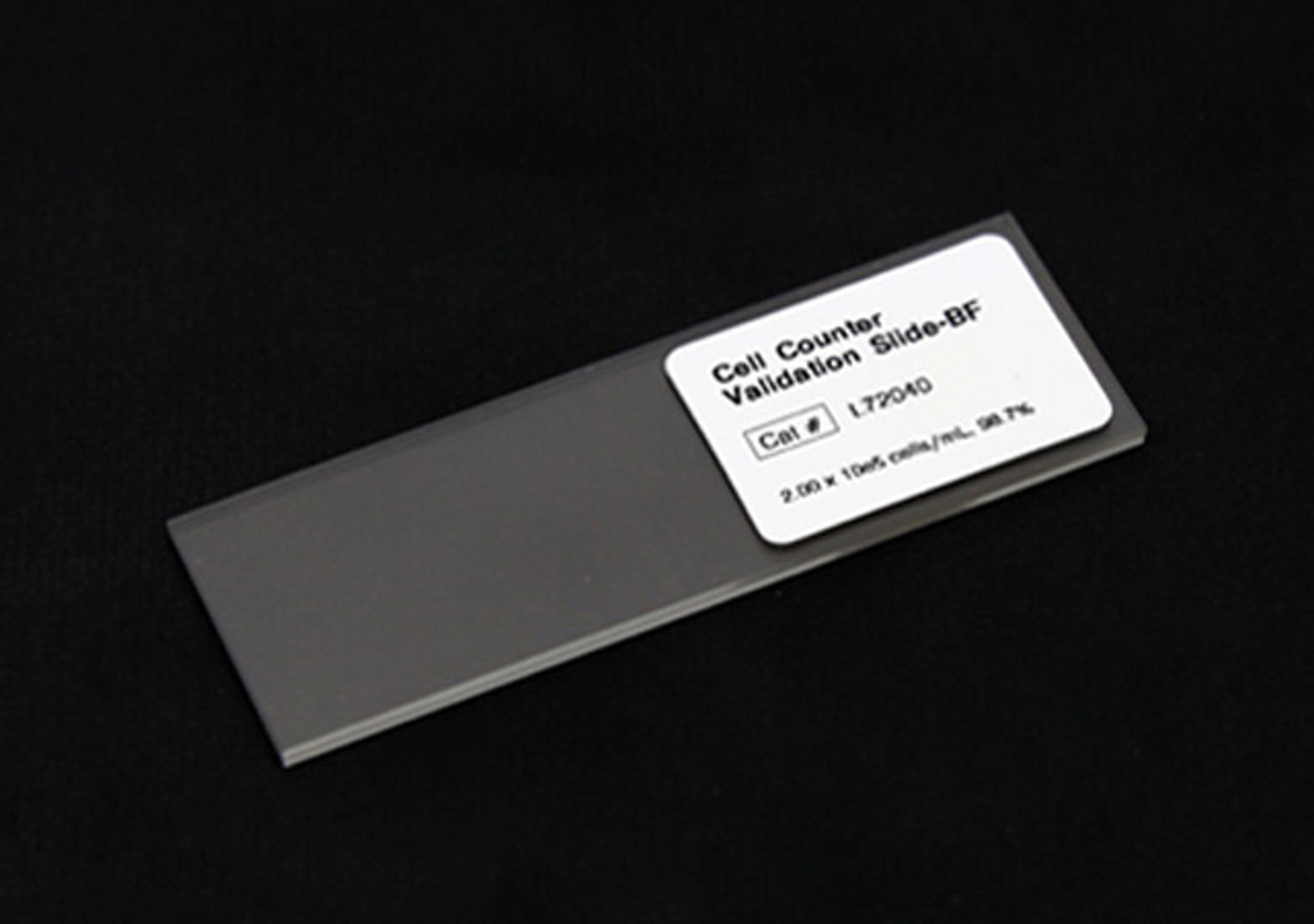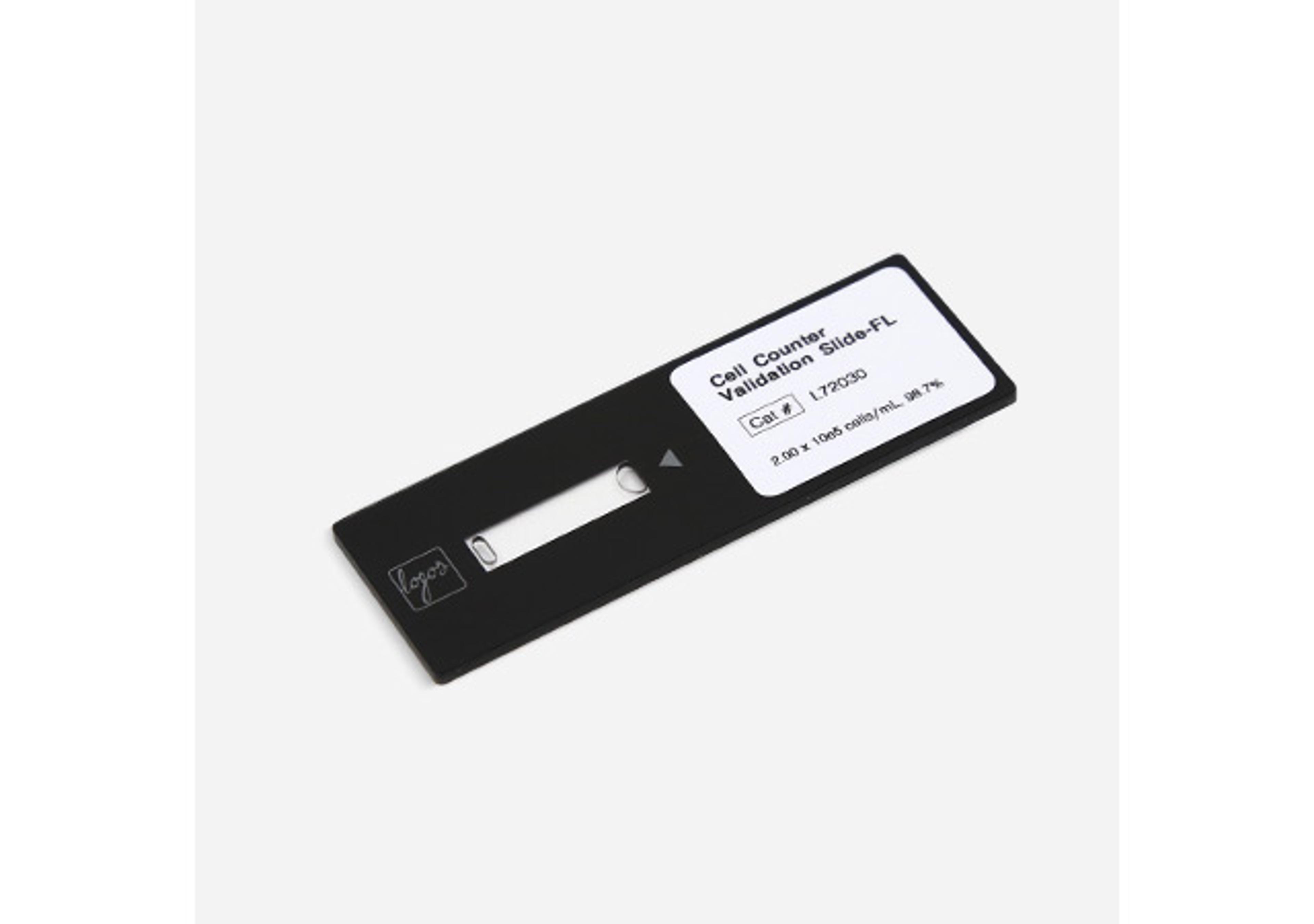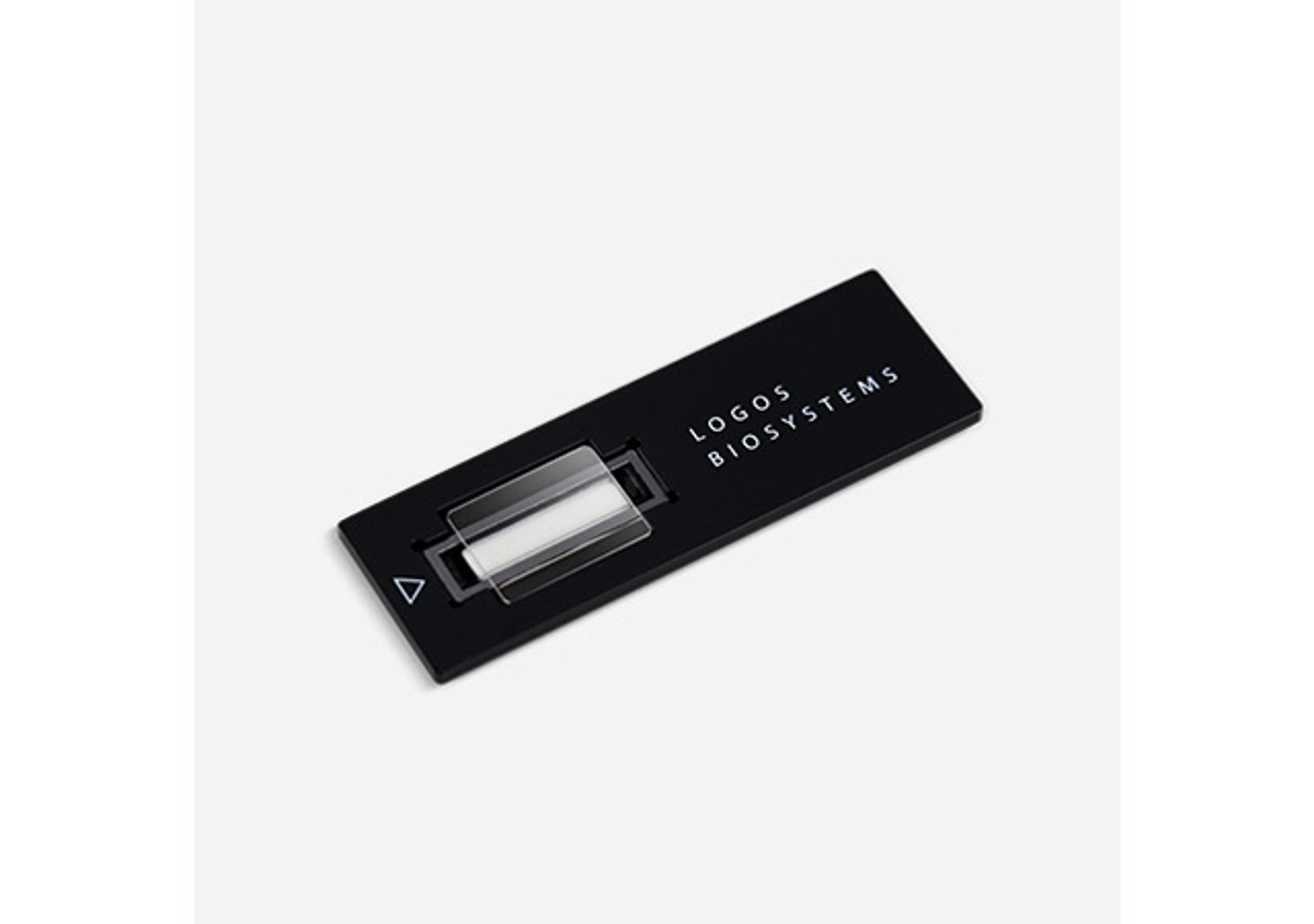hPL ELISA
High Quality Assays with Reproducible and Reliable Results

The supplier does not provide quotations for this product through SelectScience. You can search for similar products in our Product Directory.
An enzyme immunoassay for the quantitative measurement of human placental lactogen (hPL) in serum.The physiological role of HPL has not yet been established, but the great similarity to human growth hormone has stimulated the hypothesis about a function as a regulator of feto-placental growth and other physiological alterations during pregnancy. It has been suggested that the maternal serum-level may reflect on "index of placental function". Depressed levels of HPL are seen in association with intrauterine death, fetal distress in labor and birth asphyxia. This association is particularly strong if depressed levels are seen repeatedly, implying a chronic state of placental and therefore fetal compromise. Depressed levels are usually not present if the pregnancy has proceeded uneventfully to term. Elevated levels of HPL are usually indicative of optimal pregnancy outcome in singleton pregnancies. However, high levels may indicate substantial fetal pathology in specific diseases, namely diabetes mellitus and fetal macrosomia, rhesus isoimmunization and hydrops fetalis.The DRG hPL ELISA Kit is a solid phase enzyme-linked immunosorbent assay (ELISA) based on the sandwich principle. The microtiter wells are coated with a monoclonal [mouse] antibody directed towards a unique antigenic site of the hPL molecule. An aliquot of sample containing endogenous hPL is incubated in the coated well with enzyme conjugate, which is an anti- hPL antibody conjugated with horseradish peroxidase. After incubation the unbound conjugate is washed off. The amount of bound peroxidase is proportional to the concentration of hPL in the sample. Having added the substrate solution, the intensity of color developed is proportional to the concentration of hPL in the sample.

